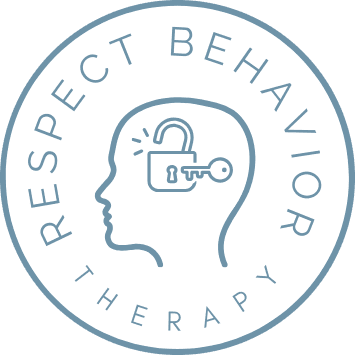The Role of Parental Involvement in ABA Therapy

Introduction
When it comes to the treatment and support of children with autism, Applied Behavior Analysis (ABA) therapy has proven to be highly effective. ABA therapy focuses on improving social, communication, and behavioral skills through positive reinforcement techniques. While the therapy itself plays a crucial role, the involvement of parents is equally important for the overall success of the treatment. In this article, we will explore the significant role parental involvement plays in ABA therapy and how it can enhance the progress of children with autism.
Understanding Parental Involvement
Parental involvement refers to the active participation of parents in their child's ABA therapy sessions, as well as the consistent application of the strategies and techniques learned during these sessions in the home environment. By actively engaging in their child's therapy, parents become an integral part of the treatment team, working collaboratively with therapists to provide a consistent and nurturing environment.
Benefits of Parental Involvement
- Generalization of Skills: ABA therapy aims to help children generalize the skills they learn in therapy to real-life situations. When parents actively participate, they can reinforce these skills at home, allowing children to practice and transfer them to various settings. This generalization helps children with autism apply what they have learned in therapy to daily routines, social interactions, and school environments.
- Consistency: Consistency is key in any form of therapy, especially for children with autism. By actively participating in therapy sessions, parents gain a deeper understanding of the techniques used. This understanding enables them to implement these strategies consistently at home, creating a structured and predictable environment for their child. Consistency enhances the child's ability to learn, adapt, and respond positively to the therapy.
- Bonding and Trust: ABA therapy involves building a strong bond between the child, therapist, and parents. When parents actively engage in therapy, they demonstrate their commitment to their child's growth and well-being. This involvement helps build trust between the child and parents, strengthening the emotional connection. A child who feels supported and loved by their parents is more likely to be motivated and responsive during therapy sessions.
- Enhanced Communication: ABA therapy often focuses on improving communication skills in children with autism. When parents actively participate, they learn effective communication strategies specific to their child's needs. This learning enables them to facilitate better communication at home, leading to improved interactions and understanding between the child and their family members.
Tips for Effective Parental Involvement
- Attend and Observe Therapy Sessions: Regularly attending therapy sessions allows parents to observe the techniques used by therapists and understand how they can be implemented at home.
- Collaborate with Therapists: Develop a collaborative relationship with the therapists. Share observations, concerns, and progress made at home. This collaboration ensures that therapy goals are aligned, and strategies can be adjusted accordingly.
- Implement Strategies Consistently: Apply the strategies learned during therapy consistently in daily routines. Consistency across environments helps children generalize skills and reinforces their learning.
- Communicate with the Therapy Team: Maintain open lines of communication with the therapy team. Share any changes or challenges faced at home, as therapists can provide guidance and support specific to those situations.
- Continue Learning and Educating: Stay updated on the latest research and resources related to ABA therapy and autism. Education equips parents with knowledge and tools to better support their child's progress.
Conclusion
The involvement of parents in ABA therapy is vital for the success of children with autism. By actively participating in therapy sessions and consistently implementing strategies at home, parents create an environment that promotes skill generalization, consistency, bonding, and enhanced communication. Parental involvement not only supports the child's progress during therapy but also fosters their overall development and well-being. Together, therapists and parents form a strong partnership that empowers children with autism to reach their full potential.
